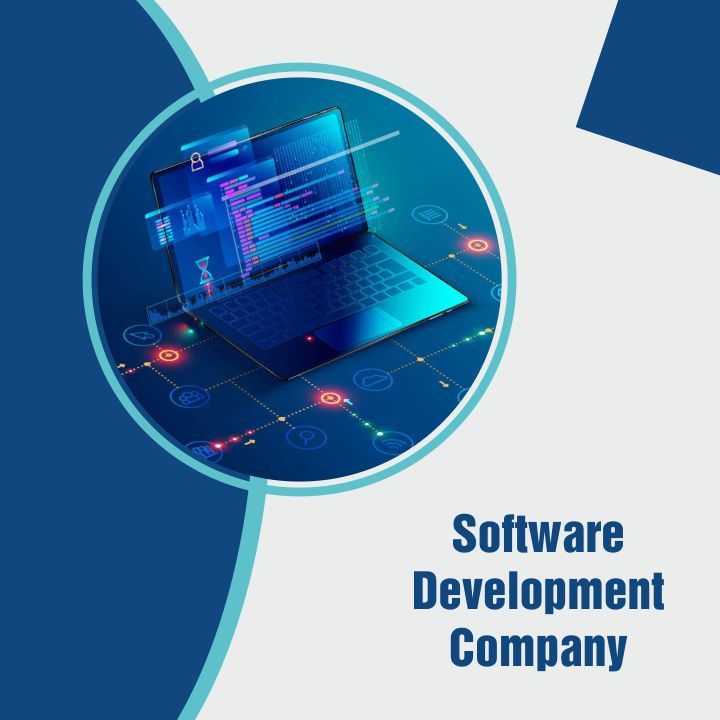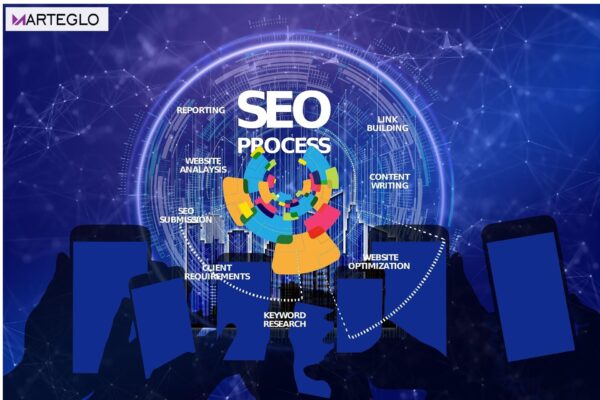India is a leading destination for Software Development Companies in India, known for skilled talent and cost-effective solutions. With a rapidly growing IT sector, these companies deliver a wide range of services, from custom software development to cutting-edge technologies like AI, cloud, and mobile applications.
The country’s software companies serve clients worldwide, including startups and Fortune 500 enterprises, making India a trusted hub for technology innovation and software outsourcing. Major cities like Mumbai and Hyderabad house numerous tech hubs that support this vibrant industry.
This combination of technical expertise, competitive pricing, and a strong business ecosystem continues to attract global businesses looking to develop reliable and scalable software solutions.
Top Software Development Companies in India
India hosts a wide range of software development companies excelling in various domains, from general IT services to industry-specific solutions. These companies vary in size, expertise, and client focus, offering options that cater to startups, SMEs, and large enterprises.
Leading Service Providers
Several top companies stand out for their comprehensive software development services. These include custom software development, mobile and web applications, cloud solutions, and enterprise software integration.
Key players often have strong international client bases and investments in cutting-edge technologies like AI, IoT, and blockchain. Many have been operational for over a decade, contributing to global digital transformation projects. Their capabilities encompass product design, development, testing, and post-launch support.
Specialized Industry Solutions
Certain Indian firms focus on industries such as finance, healthcare, retail, and manufacturing. These companies tailor software products to meet specific regulatory and operational requirements.
For example, firms working in healthcare may offer compliant EHR systems or telemedicine platforms. In finance, companies provide secure fintech applications and API integrations for banks and insurance providers.
This specialization allows them to deliver optimized and scalable software addressing the unique challenges of each sector.
Customer Reviews and Case Studies
Client feedback and project case studies highlight the reliability and performance of many Indian software firms. Reviews often emphasize quality, timely delivery, and communication.
Case studies reveal successful implementations in diverse environments, including startups launching MVPs, mid-sized companies scaling platforms, and enterprises undergoing digital transformation.
These insights help prospective clients evaluate companies based on real-world outcomes and client satisfaction metrics.
Selecting the Right Software Development Partner
Choosing the right software development partner requires clear criteria, focused expertise, and transparent cost models. Each factor plays a crucial role in aligning the project goals with the partner’s capabilities and budget constraints.
Key Evaluation Criteria
The partner’s industry experience and past project success should match the specific needs of the client’s project. Checking client references and case studies helps verify their reliability and quality of work.
Communication skills and responsiveness are critical for smooth collaboration. The partner should demonstrate clear processes for project management, quality assurance, and risk mitigation. Additionally, cultural fit and time zone compatibility can affect day-to-day interactions and project timelines.
Security practices and compliance with relevant standards must also be part of the evaluation, especially for data-sensitive projects.
Technology Stack Expertise
A software company must have proven expertise in technologies relevant to the project goals. This often includes specific programming languages, frameworks, and tools like JavaScript, Python, React, Angular, or cloud platforms such as AWS and Azure.
Verification through portfolio projects or technical assessments ensures they can handle the technologies required. Specialized knowledge in emerging areas like AI, blockchain, or cloud-native development adds value depending on the project’s scope.
Technical adaptability and continuous learning culture are important to keep the product scalable and maintainable over time.
Cost Structures and Engagement Models
Understanding cost structures is essential to avoid budget overruns. Common models include fixed-price, time and materials, and dedicated team arrangements.
Fixed-price contracts suit well-defined projects with clear requirements. Time and materials offer flexibility for evolving scopes. Dedicated teams provide ongoing development support and are ideal for long-term collaboration.
Transparency in billing, milestone-based payments, and clear contract terms reduce financial risks. Comparing multiple proposals also helps optimize the budget relative to the quality and services offered.






